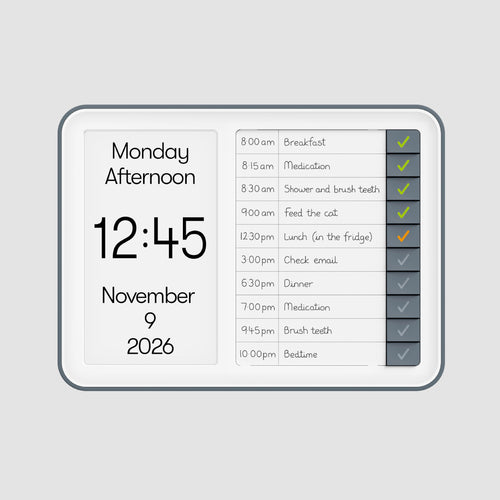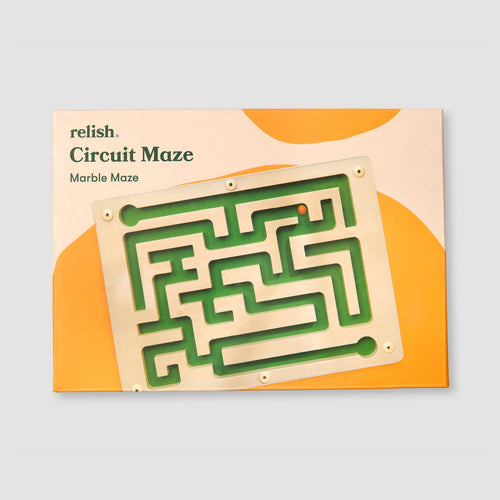For people living with dementia, the phenomenon of “sundowning” can create confusion, agitation, and even aggression in the later hours of the day leading up to nighttime. As the sun goes down, a person may display anxiety-ridden behaviors, varying from emotional signs of confusion and frustration to physical symptoms that include pacing back and forth or seemingly aimlessly walking around. This characteristic of dementia is not fully understood; however it is important to know the signs to look for if you have a friend or family member experiencing it regularly.
Factors that Fuel Sundowning
This late-day condition is often set off when fatigue starts kicking in and is unfortunately triggered by many common occurrences in a person’s day. Everything from the aesthetics of a particular room, such as lighting and shadows, to a bacterial infection like one in the urinary tract, can affect the prevalence of sundowning. Whatever the trigger or impetus, sundowning seems to be a barrier to the internal biological clock and natural circadian rhythms, which control sleep cycles, the regulation of body temperature and hormones, the digestion process, and many other physiological and behavioral patterns in people with dementia.
Unfortunately, sundowning can worsen in particular people and can lead to extreme aggression towards others. As Dr. Clifford B. Saper, Chair of the Department of Neurology at Beth Israel Deaconess Medical Center and one of the authors in a study called “Dementia: How circadian clock controls daily rhythms of aggression”, wrote: "Sundowning is often the reason that patients have to be institutionalized, and if clinicians can control this circuit to minimize aggressiveness at the end of the day, patients may be able to live at home longer.”
Reduce Recurring Behaviors
While totally eliminating sundowning for someone with dementia is unrealistic, there are things that can help alleviate some of the distressing symptoms and behaviors.
First, routines reign supreme. If you or the facility that your friend or loved one living with dementia lives in can stick to a routine as much as possible, this can minimize the amount of anxiety or fear of the unknown that can manifest. Setting a sleep schedule, a consistent wake-up time, assigned times for meals and other activities can all contribute to a sense of security without surprises.
Engaging in relaxation-focused activities such as the hold & relax activity can help ease restlessness as evening approaches. Likewise, introducing sensory-based routines like soothing strokes may promote calmness through gentle physical engagement. We have a range of dementia sensory toys to help with relaxation, such as the Fufuly Calming Cushion that mimics breathing when you embrace it.
Another contributor to sundowning can be diet—for example, a diet containing a lot of caffeine or sugar (especially late in the day) can spike blood sugar levels and also impact sleeping patterns. There is also evidence that supports using low doses of melatonin in conjunction with bright light exposure during the day can lessen the symptoms of sundowning.
With light being a key trigger, it is important to limit blue light exposure for people living with dementia. Too much time on cell phones, watching TV or reading on a computer can also cause sleep disturbances or can contribute to increased agitation. On the other hand, sleeping in a completely dark room can give rise to fear or even hallucinations in a person experiencing sundowning at night, so something simple like plugging in a nightlight can help.
Loud sounds can also contribute to sundowning, so keep sound levels low and limit background noise as well. In contrast, soothing music and meditation or gentle nature sounds played at low levels can help with sleep and create a sense of calm during wake times. Why not consider our dementia-friendly music player that a loved one can use with ease? Alternatively, browse our range of music products for dementia.
Lastly, if the person is now living in a care facility, it is important to have reminders and mementos from home to make the setting more familiar and comfortable. Sundowning is very common in facilities since people are out of their homes and thus, their element, so common occurrences like a deluge of activity around them or new staff members coming in and out of the room can exacerbate the symptoms of sundowning as well.
Engage during the Sundowning Stage
Despite the likelihood for sundowning to occur in people living with dementia, there are methods and activities you can engage in with your friend or loved one both before and during these episodes:
- Keep idle hands busy: This dementia fidget toy and this Fidget Widget Sensory Tool Kit for dementia can keep a person with dementia busy and anchored, providing a reassuring distraction, particularly in the mid to later stages of dementia.
- Reminisce with pictures, cards, and objects: Walks down memory lane can yield joyful interactions and bring the person living with dementia back to happier times talking about and looking at people and items he/she holds dear to his/her heart.
- Tap into brainpower during the dark hours: Keep intellectual curiosity strong! Brain teasers, games, and arts & crafts can be a welcome distraction when sundowning symptoms tend to tick up. All of these products and more can take the focus away from fear, anxiety, and aggression and cast it instead on joy, a sense of calm, and collaboration.
-
Time orientation challenges can be addressed with specialised tools like the Day Connect dementia day clock, which provides clear information about the time of day in an easy-to-understand format.
For more information and resources visit Relish-life.com where you can view products for people living with dementia or other memory loss conditions, or to download our free app for families and caregivers.






















